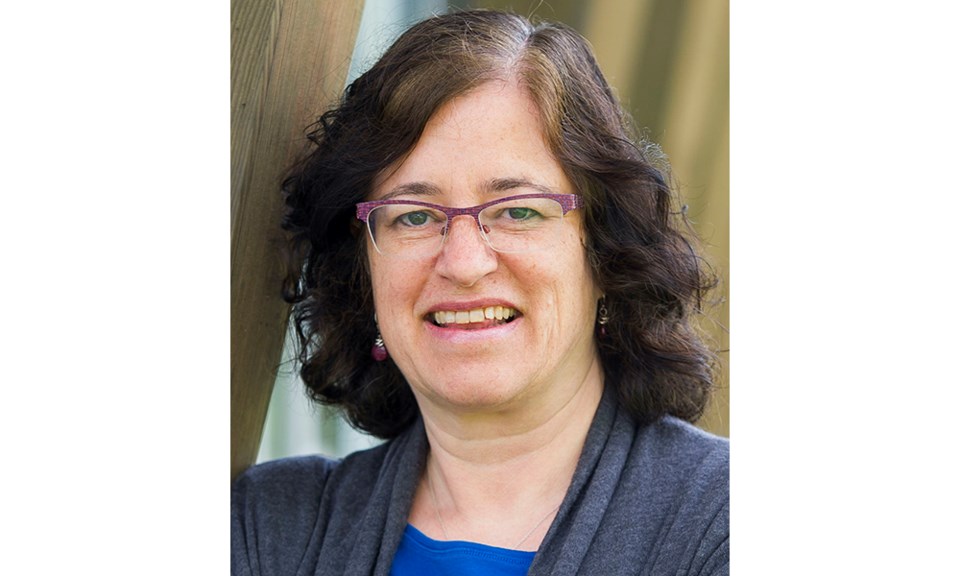Queen Elizabeth II has died. This is probably one of the biggest news events of our lifetimes, a historic event destined to change the world in ways we cannot begin to imagine.
Queen Elizabeth’s death means the end of an era. If we didn’t already realize it, given climate change, economic instability, rampant inflation, a shaky world order and a never-ending deadly pandemic, we are living through “interesting” times.
The Queen gave stability in an unstable world. Whether you admired her or not, she was a sure thing; someone who could always be counted on to be there, stoically providing calm words of wisdom, appearing in spectacular pageantry, lending her face to coins and stamps and quietly leading. I cannot think of a single other leader, male or female, in the modern world who compares to her, either in terms of breadth, depth or scope.
She was there from the Second World War and her first British Prime Minister Winston Churchill, all the way through to her 15th Prime Minister, Liz Truss, who she welcomed into office just two days before her death. She blazed a trail for working mothers everywhere, maintaining her job and her power for many decades, even after her hair turned grey. Yes, she had much more money and resources than the rest of us, and she served mainly as a figurehead, but still, she showed the world that women could hold their own.
The Queen met weekly with British Prime Ministers for the 70 years of her reign, regardless of their political stripes. In many ways, she was above politics. She met with world leaders and celebrities from countries around the world, including former American President Barack Obama, who called her both “a jewel” and “one of my favourite people.”
Of course, the British Crown must reconcile with its colonial past. The same is true for many of us whose ancestors were settlers that profited from the homeland taken from Indigenous people, or from colonial policies like slavery. We must apologize for past wrongs, absolutely. But it should also be remembered that the Queen operated as a constitutional monarch; she didn’t implement those policies herself, nor prolong them. There may have been more she could have done to usher in change, but there is also much she did do to increase global human unity, through her grace and kindness.
It now falls to King Charles III – after 70-plus years of calling him Prince, it’s going to be hard to change – to modernize the monarchy even further. The First Nations Leadership Council called on him to renounce the Doctrine of Discovery, which dehumanized Indigenous people and justified imperialism around the world. They also called on him to take strong action on climate change, recognizing him as an advocate on climate change. Both are good suggestions.
The King does have a unique opportunity, given his advocacy on topics like the environment and organic farming, however, now he is constrained by the Crown, a role that requires him to float above the issues of the day. It won’t be easy for him to walk that line. And some might say there’s no room for an unbiased Crown in these troubling times.
No matter the times, the Queen managed to be the personification of that British phrase: keep calm and carry on.
Her grandson Prince William, who will one day be king himself, thanked the Queen for her kindness and her wisdom, and committed himself to fully supporting his father.
“And I thank her on behalf of my generation for providing an example of service and dignity in public life that was from a different age, but always relevant to us all,” he said.
The second Elizabethan age is now coming to an end, but if the Crown wants to remain relevant, it will need to take lessons from the past, but it will also need to listen to the younger generation and Indigenous leaders.
Tracy Sherlock is a freelance journalist who writes about education and social issues. Read her blog or email her [email protected]

